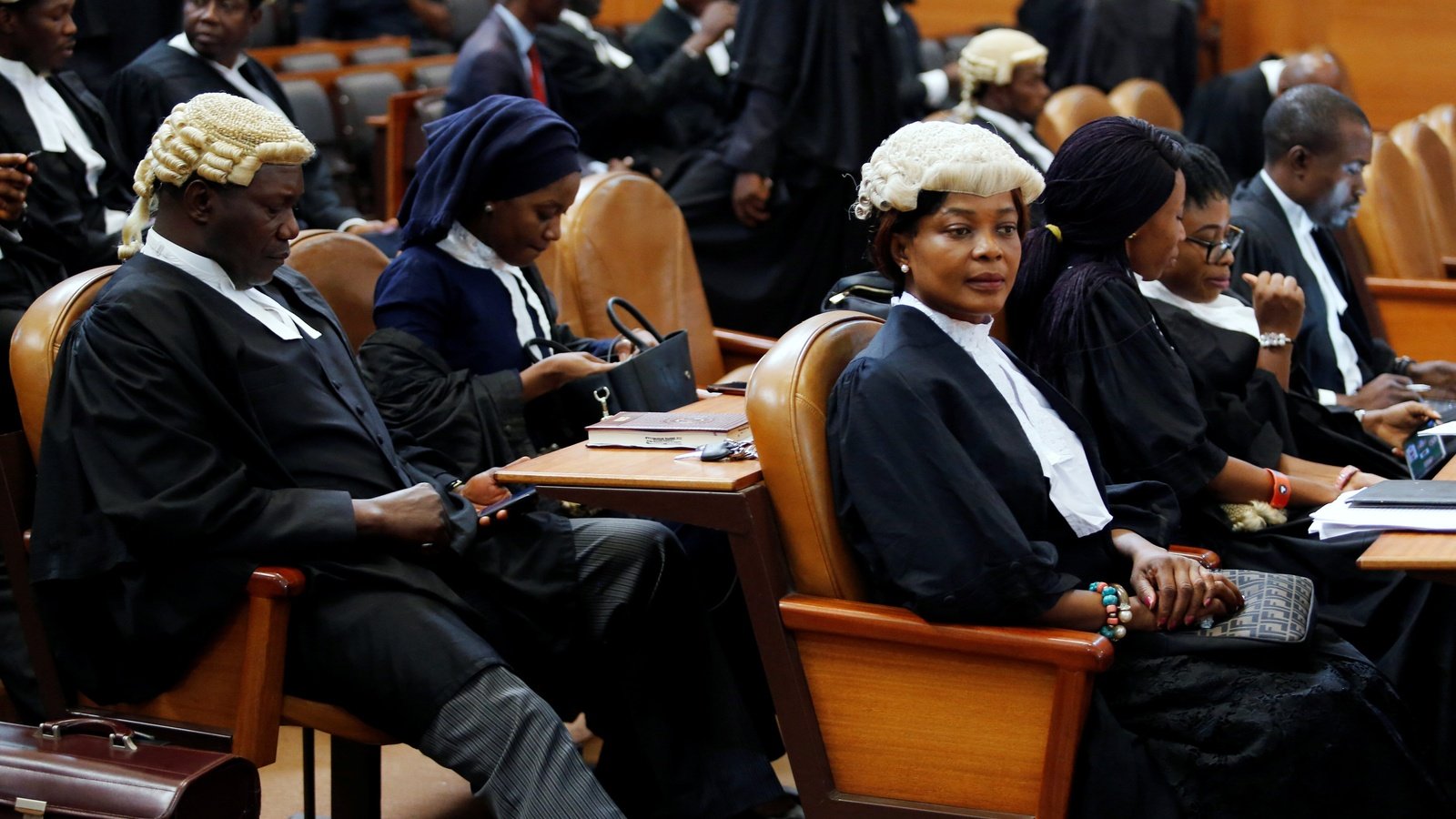The UN’s first-ever cybercrime treaty was ratified by member states on Thursday, defying strong resistance from human rights advocates who had alerted them to the risks associated with surveillance.
The United Nations Convention Against Cybercrime was unanimously accepted by members following three years of talks and a final two-week session in New York. It will now be presented to the General Assembly for official ratification.
“I consider the documents adopted.Thank you very much; bravo to everyone!” Algerian diplomat Faouzia Boumaiza Mebarki, chairwoman of the treaty draughting committee spoke.
Despite objections from the United States and Europe, the committee was formed in response to Russia’s initial move in 2017.
The proposed convention, which would go into effect once signed by 40 member nations, intends to “prevent and combat cybercrime more efficiently and effectively,” particularly in terms of child sexual abuse imagery and money laundering.

Described as a landmark convention, the delegate from South Africa commented that the provisions of technical assistance and capacity building offer much needed support to countries with less developed cyber infrastructures.
However, the pact’s adversaries — a rare combination of human rights groups and giant tech corporations accuse it of being far too broad in scope, alleging it might be used as a global “surveillance” treaty and for repression.
In particular, the text states that a state may, in order to investigate any crime punishable by a minimum of four years’ imprisonment under domestic law, ask the authorities of another country for any electronic evidence related to the crime, as well as data from internet service providers.
Deborah Brown of Human Rights Watch, warning of a “unprecedented multilateral tool for surveillance,” told AFP that the treaty “will be a disaster for human rights and a dark moment for the UN.”
“This treaty is effectively a legal instrument of repression,” she informed the crowd. “It can be used to crack down on journalists, activists, LGBT people, free thinkers, and others across borders.”
“Nick Ashton-Hart leads the Cybersecurity Tech Accord delegation at the treaty talks, which represents over 100 technology companies, including Microsoft and Meta.
“Regretably,” according to him, the committee “adopted a convention without addressing many of the major flaws identified by civil society, the private sector, or even the UN’s own human rights body.”
“Wherever it is implemented, the Convention will be harmful to the digital environment and human rights in particular,” he told AFP, urging governments not to sign or implement it.
Some governments, however, argue that the treaty contains too many human rights safeguards. Russia, which has traditionally supported the draughting process, recently warned that the treaty had become “oversaturated with human rights safeguards, accusing countries of pursuing narrow self-serving goals under the banner of democratic values.”
During Thursday’s session, Iran sought to have numerous clauses with “inherent flaws” removed.
The provision in question said that nothing in this Convention shall be interpreted as permitting the suppression of human rights or fundamental freedoms,such as freedoms of expression, conscience, opinion, religion, or belief.
The deletion request was denied with 102 votes against, 23 in favour (including Russia, India, Sudan, Venezuela, Syria, North Korea, and Libya), and 26 abstentions.However, neither Iran nor any other country elected to oppose consensus-based acceptance.
In Essence
On one hand, it’s undeniable that the rapid evolution of cybercrime necessitates a global framework for cooperation. The treaty’s focus on child sexual abuse imagery and money laundering addresses critical issues that demand international collaboration.
Additionally, provisions for technical assistance and capacity building can be a boon for developing nations struggling with cyber threats.
However, the treaty’s potential for abuse is a significant concern. The broad scope of data access granted to states, coupled with a lack of robust safeguards, raises legitimate alarms about surveillance and potential human rights violations. The concerns expressed by human rights groups and tech giants cannot be dismissed lightly.
It’s essential to monitor how the treaty is implemented. Strong oversight mechanisms and adherence to human rights principles are paramount to prevent its misuse. Furthermore, continued dialogue between governments, civil society, and the private sector is crucial to address potential shortcomings and ensure the treaty’s effectiveness while safeguarding fundamental freedoms.

















